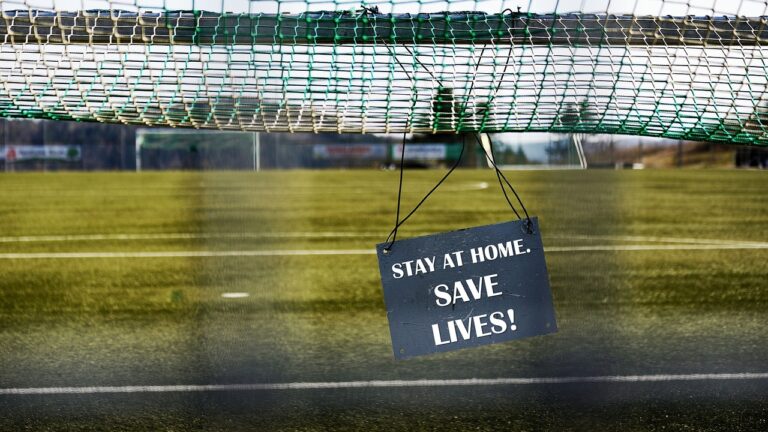Carpentry 101: Essential Skills for DIY Enthusiasts
cricketbet999, 11xplay online id, betbhai9: Carpentry 101: Essential Skills for DIY Enthusiasts
Are you a DIY enthusiast looking to enhance your carpentry skills? Whether you’re a beginner or have some experience under your belt, mastering the essential skills in carpentry can take your projects to the next level. In this comprehensive guide, we’ll cover everything you need to know to become a proficient carpenter and tackle a wide range of woodworking projects.
Getting Started with Carpentry
Before you dive into any carpentry project, it’s crucial to familiarize yourself with the basic tools and materials you’ll need. Here are some essential items every aspiring carpenter should have in their toolkit:
1. Tape Measure: A reliable tape measure is essential for accurate measurements in any project.
2. Hammer: A versatile tool used for driving nails, a hammer is a staple in every carpenter’s arsenal.
3. Saw: From hand saws to power saws, having the right saw for the job is crucial in carpentry.
4. Screwdriver Set: Different types of screws require different screwdrivers, so having a set on hand is essential.
5. Level: To ensure your projects are straight and level, a level is a must-have tool.
6. Clamps: Clamps are used to hold pieces of wood together securely while you work.
7. Sandpaper: A smooth finish is key in woodworking, and sandpaper helps achieve that.
8. Safety Gear: Don’t forget to protect yourself with safety glasses and ear protection.
As you begin your carpentry journey, start with small projects to hone your skills and build your confidence. Simple projects like a bookshelf or a picture frame are great beginner projects that will allow you to practice fundamental carpentry skills.
Essential Carpentry Skills
Now that you have your tools and materials ready, it’s time to delve into the essential skills every carpenter should master:
1. Measuring and Marking: Accurate measurements are crucial in carpentry, so mastering the art of measuring and marking is essential. Always measure twice and cut once to avoid errors.
2. Cutting: Whether you’re using a hand saw or a power saw, knowing how to make precise cuts is a fundamental skill in carpentry. Practice cutting straight lines and angles to improve your skills.
3. Joinery: Joinery refers to the method of connecting two pieces of wood together. Common joinery techniques include butt joints, miter joints, and dovetail joints.
4. Sanding: Achieving a smooth finish on your projects is essential for a professional look. Practice sanding techniques to create a polished result.
5. Finishing: Applying a finish to your woodworking projects not only enhances their appearance but also protects the wood. Experiment with different finishes such as stains, varnishes, and paints to find the perfect look for your projects.
6. Problem-Solving: Carpentry often involves troubleshooting and problem-solving to overcome challenges that may arise during a project. Developing critical thinking skills is essential for a successful carpenter.
Taking Your Skills to the Next Level
Once you’ve mastered the essential carpentry skills, it’s time to take your projects to the next level. Consider challenging yourself with more complex projects such as building furniture or outdoor structures like a deck or pergola. Additionally, explore advanced joinery techniques like mortise and tenon joints or box joints to broaden your skill set.
Expanding Your Knowledge
In addition to hands-on practice, expanding your knowledge of carpentry through books, online resources, and classes can further enhance your skills. Consider joining a woodworking club or taking a carpentry course to learn new techniques and connect with other woodworking enthusiasts.
Additionally, staying updated on the latest tools and technologies in carpentry can help you work more efficiently and achieve better results in your projects. Keep an eye out for new tools, materials, and techniques that can enhance your carpentry skills.
FAQs
Q: How can I improve my carpentry skills as a beginner?
A: Practice regularly, start with simple projects, and seek guidance from experienced carpenters to improve your skills as a beginner.
Q: What are some advanced carpentry techniques I can learn?
A: Advanced carpentry techniques include intricate joinery methods like dovetail joints, as well as complex projects like building furniture or custom cabinetry.
Q: How can I ensure safety while working on carpentry projects?
A: Always wear protective gear, follow safety guidelines for tools and equipment, and practice proper handling techniques to ensure safety while working on carpentry projects.
Q: What tools do I need to get started in carpentry?
A: Essential tools for carpentry include a tape measure, hammer, saw, screwdriver set, level, clamps, sandpaper, and safety gear.
Q: Is carpentry a profitable skill to have?
A: Carpentry is a valuable skill that can lead to profitable opportunities, such as building custom furniture or providing woodworking services.
In conclusion, mastering the essential skills in carpentry is essential for DIY enthusiasts looking to tackle woodworking projects with confidence. By practicing measuring, cutting, joinery, sanding, finishing, and problem-solving skills, you can take your carpentry projects to the next level. Remember to start with small projects, expand your knowledge, and always prioritize safety in your carpentry endeavors. Happy woodworking!







